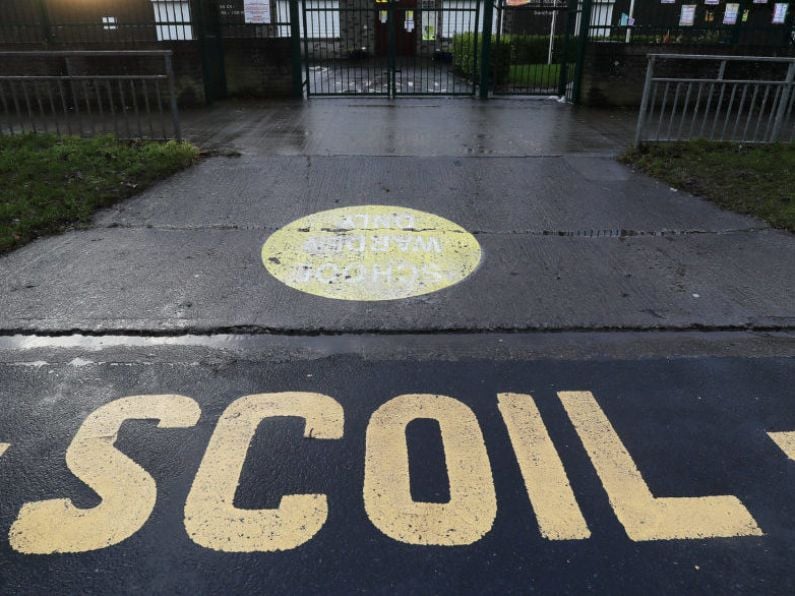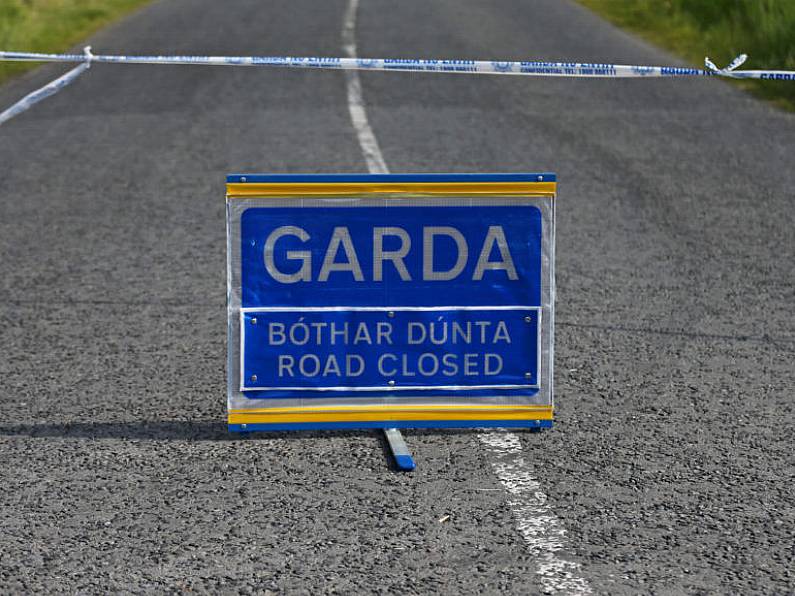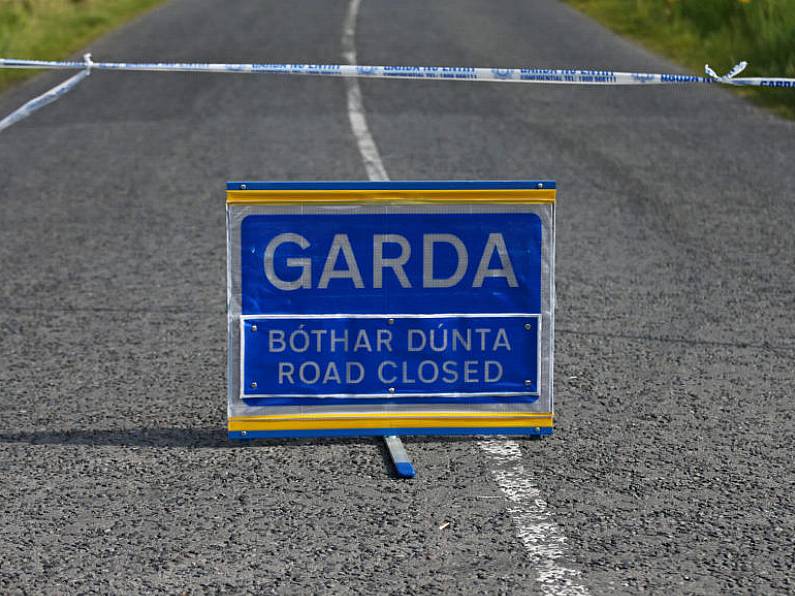The first nationwide study of primary school children’s experiences of remote schooling during the first lockdown has found substantial inequalities among students.
The study, carried out by Yekaterina Chzhen, assistant Professor at the Department of Sociology Trinity College Dublin, surveyed nearly 400 children aged 8-9 years from 71 primary schools across Ireland.
The research found that children were more engaged with remote schooling if they had access to adequate digital technologies and help from parents and teachers.
Being able to do school work on a computer, access to help with schoolwork if worried and having schoolwork checked by a teacher were all found to be associated with higher engagement with remote schooling.
It was also found that children who struggled to engage with schooling before the pandemic found it harder to cope with remote learning. This was particularly found with children who had higher teacher-reported hyperactivity and inattention scores prior to the pandemic.
Commenting on the findings, Dr Chzhen said: “Having resources for home learning is essential.
“This includes not only equipment such as computers or laptops rather than smartphones or tablets, but also being able to get help with their school work when they were worried about it.
“Our findings show that engaging with remote schooling is not equally easy for all children and that children who liked school before the pandemic also coped better with online learning.
“This study contributes to the wider debate on the social impacts of Covid-19 and the growing body of evidence on inequalities in children’s schooling during the pandemic.”














